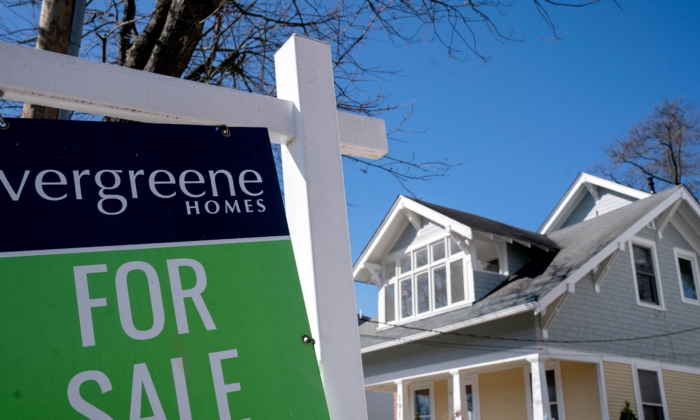
gettyimagesbank Despite various concerns, resumption of short selling considered necessary step to restore confidence in Korean stock market By Jun Ji-hye The lifting of the short selling ban next month will inevitably lead to a correction in overvalued stocks such as Hanwha Aerospace and HD Korea Shipbuilding & Offshore Engineering, industry experts said Sunday. They also expressed concerns that the domestic bourse could see shorting selling intensify when it resumes on March 31 if market sentiment becomes more bearish. The ban, which was imposed in November 2023 after financial authorities uncovered a series of naked short selling violations involving several global investment banks, will be lifted after 1 year and 5 months, marking the longest ban on record.
LS Securities warned that stocks that have become overvalued due to excessive gains will be prime targets for short selling. Specifically, the brokerage identified companies such as Hanwha Aerospace, Doosan, SKC, Korea Zinc, Isu Petasys, SK hynix, Samsung Heavy Industries, Samsung Fire & Marine Insurance, HD Korea Shipbuilding & Offshore Engineering and Samyang Foods, among others, as potential targets. Hanwha Aerospace's stock price has doubled this year alone.

While the company has reported record earnings, driven by increased exports to Eastern Europe and the Middle East and an order backlog worth tens of trillions of won, its recent stock surge has been excessively steep. Shipbuilding stocks, including HD Korea Shipbuilding & Offshore Engineering, are facing a similar situation. U.
S. President Donald Trump specifically mentioned Korean shipbuilders in discussions about cooperation, and the actual order volume has increased, raising expectations for improved earnings. However, current stock prices are considered excessively high.
They advise that investors holding these stocks should consider selling before the resumption of short selling. “Being a short selling target does not necessarily mean the stock price will decline, but increased volatility is likely, so caution is warranted,” LS Securities analyst Jung Da-woon said. Read More FSS governor hints at expanding short selling ahead of March 31 resumption Korea tightens rules to prevent naked short selling ahead of March 31 resumption Korea fines JPMorgan, Morgan Stanley, Nomura and UBS for short selling breaches Concerns are also rising that the weakening fundamentals of the Korean stock market could further fuel short selling.
According to financial data provider FnGuide, the projected annual operating profit for 194 KOSPI-listed companies stands at 265.6 trillion won ($184 billion) as of Feb. 18.
This represents a 5.8 percent decline from the estimate in December and a 10 percent drop from October, indicating a continued deterioration in market fundamentals. A similar pattern was observed when short selling resumed in May 2021, following the ban that was imposed in March 2020 at the height of the COVID-19 pandemic.
By the end of 2021, the projected operating profit for KOSPI-listed firms for the following year had dropped nearly 25 percent from the initial forecast at the beginning of the year. Short selling balances, meanwhile, surged nearly threefold, from 4.2 trillion won in May 2021 to 12.
3 trillion won a year later. During the same period, foreign investors recorded a net selling of 35 trillion won. The data suggested that short selling itself was not the main issue, and rather, a weakening market fundamental fueled increased short selling activity.
“The primary driver of foreign investors’ net selling in 2021 was not the resumption of short selling, but concerns over domestic companies reaching their peak, which led to broader market selloffs,” Hana Securities analyst Lee Kyung-soo said. “The surge in short selling was fueled by this selling pressure. Currently, Korea’s market fundamentals are at a concerning level compared to the global market.
” Financial Supervisory Service Gov. Lee Bok-hyun speaks during a discussion on improving stock market infrastructure at the Korea Exchange building, Thursday. Yonhap However, the resumption of short selling is widely seen as a necessary step to restore confidence in the local stock market, as it helps to shape market prices by limiting excessive gains in overvalued stocks and providing buying pressure when prices fall, preventing sharp declines.
The return of short selling also raises expectations for Korea’s inclusion in the developed market index of Morgan Stanley Capital International (MSCI). Last year, the MSCI pointed out that the short selling ban restricted market accessibility and excluded Korea from the index. “From the perspective of gaining trust from foreign and retail investors in the Korean market, I personally believe that resuming short selling for a wide range of stocks is necessary,” Financial Supervisory Service Gov.
Lee Bok-hyun said at a public discussion on improving stock market infrastructure at the Korea Exchange, Thursday..















